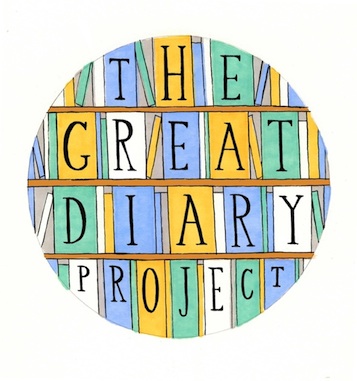
Wigan, 1925. The newly wed Edward Hall, while establishing himself as a dealer and collector of manuscripts and books, discovered the surviving papers of Ellen Weeton, estranged mother, governess, companion and early suffragette, writing from 'Beacon's Gutter' near Liverpool in 1807. Enthralled by Weeton's stories and independent style of writing: "Women are something better than potatoes", Hall began collecting diaries in large quantities, as well as cataloguing and editing them.
His collection was eventually gathered together and donated to the Wigan Archives where they can now be viewed upon request. The diaries range in subject and origin, from across the 18th and 19th centuries. Among them, are the travel journals of Samuel Williamson, from 1820, who describes journeys in Italy, Greece and Turkey, with particular focus on the people he met along the way, such as Henry Venn Eliot, a well known 'divine' and Lord Byron's banker, Douglas Kinnaird. Hall was fascinated by the curious nature of the diary form, such as Joshua Horner's handwriting from 1868, described by Hall as a "unique calligraphic item... impossible to read without the use of a very strong magnifying glass", written in an uncomfortable "microscopic hand". Another diary from 1821 recognizes a 6th vowel: "a, e, i, o, u, and y".
A few photographs of Edward Hall recently found at the Wigan Archives, by archivist Alex Miller, were shown to a couple of volunteers "...who half-remembered the man, they confirmed it was Hall who had a bookstall at Wigan market for some years after the second world war. Neither of the volunteers could ever recall him standing up, but always sitting, bespectacled, hunched over a book!"
http://www.wlct.org/Culture/Heritage/Edward%20Hall%20Collection%20Public%20Catalogue.pdf
